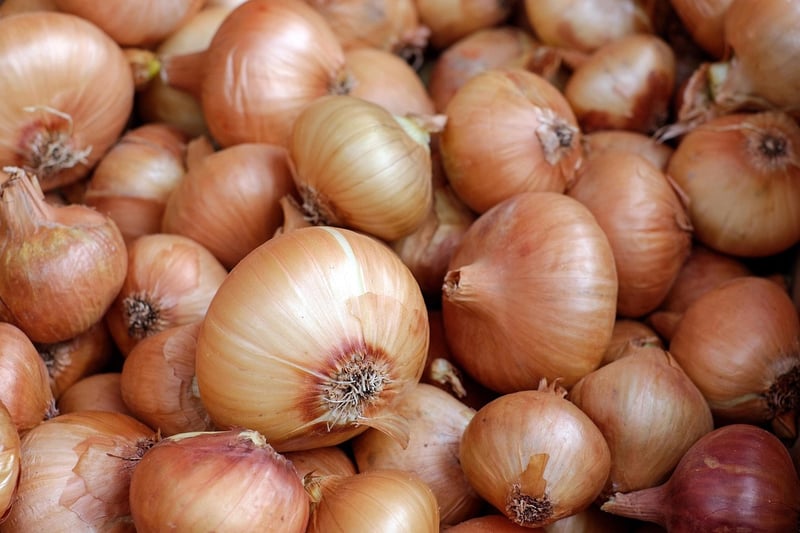Organic Meats
The Essential Components of Organic Meats
When it comes to choosing meat for your meals, opting for organic options can provide numerous benefits. Organic meats are produced without the use of synthetic pesticides, hormones, or antibiotics, making them a healthier choice for both you and the environment. Understanding the essential components of organic meats can help you make informed decisions when shopping for your next meal.
Grass-Fed
One key component of organic meats is that they are often sourced from animals that are grass-fed. Grass-fed animals are allowed to roam freely and graze on natural pastures, resulting in meat that is leaner and higher in essential nutrients like omega-3 fatty acids and antioxidants.

No Antibiotics or Hormones
Organic meats are produced without the use of antibiotics or synthetic hormones. This means that the animals are raised in a more natural and humane way, without being subjected to unnecessary drugs or growth hormones. By choosing organic meats, you can support animal welfare and reduce your exposure to potentially harmful substances.

Certified Organic
To ensure that you are purchasing genuine organic meats, look for products that are certified organic by a reputable organization. Certification guarantees that the meat has been produced according to strict organic standards, including the use of organic feed and sustainable farming practices.

Environmental Benefits
Choosing organic meats can also have positive environmental impacts. Organic farming practices prioritize soil health, biodiversity, and water conservation, leading to a more sustainable food system. By supporting organic meat producers, you are contributing to the preservation of natural resources for future generations.

Next time you're shopping for meat, consider selecting organic options for a healthier choice that supports animal welfare and environmental sustainability.
